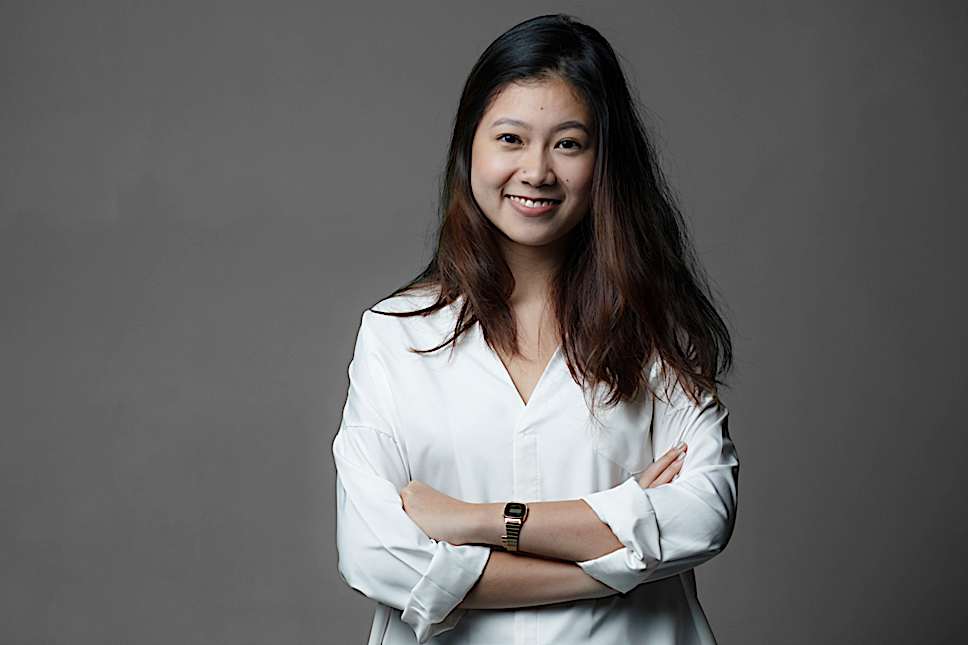If I were my mum, I would have taught myself as a young kid about death and dying
One may never be too young to start learning about end-of-life issues – those involving oneself and also others

If I were my mother, I would have taught myself as a very young kid about death and dying.
My father died when I was a child. At home, before and after his passing, I never had a conversation about preparing for or coping with the death of someone I know, let alone my father.
I just got on with it.
Parents prepare their children for more than a couple of decades of their lives for so many things we deem important – from getting into and thriving in schools, to choosing a good partner and first job.
But however essential these issues are, they do not have the same absolute certainty of occurring as something more inevitable that many people do not prepare for: dying.
Look around you. Every single person you see will die.
Every bawling baby cousin or brawny brother. Every vibrantly youthful-looking celebrity. Every cute pet puppy having the zoomies will one day close his or her eyes forever.
Since death is unavoidable, why shouldn’t parents routinely prepare kids for end-of-life issues – whether it’s those involving themselves or for a loved one – like they would teach them to cook, or ride a bike, or take a train?
If I were my mother, I would have said to my child self: “Wash your hands. Clean the table. Choose what songs or snacks you would like to have at ma’s or ba’s wake one day.”
I would do that to normalise death as an unavoidable part of life.
It may be natural for parents to want to shield children from an unsettling topic like death, but it’s better to see coping with death as a necessary life skill for them.
Would you prefer to die at home?
If I were my mother, I would have taught myself as a young kid that, before death, there are end-of-life scenarios to prepare for too.
A Straits Times Forum letter writer, who said she was a palliative nurse at a government hospital, wrote last year “that as an Asian society, we seldom talk about death as it is a taboo subject”. She added: “As a result, family members may not know the final wishes of a loved one and do not discuss the options of palliative care.”
This unwillingness to talk about death has painful consequences.
“The family will, out of love and filial piety, ask healthcare professionals to do everything that we can to save the dying patient. These may not be the final wishes of the terminally ill patient, though. That is why the Advance Medical Directive (AMD) is so important, as it lets the patient himself make his final choice in his own life and in his own death,” she wrote.
Have you spoken up enough about that in your own life?
If you’re in a hospital dying and unconscious right now, does anybody know what your final wishes are: Do you want palliative care or aggressive treatment?
If you’re fortunate enough to have loved ones who know how you would like to be cared for, do they have the authority to act on your behalf?
Survey findings by the Lien Foundation released in 2014 showed that 77 per cent of Singaporeans preferred to die at home. But only 27 per cent had done so, leaving a substantial majority to spend their last days unwillingly in clinical surroundings.
Those figures have improved in the succeeding years. It was reported in 2022 that 61 per cent spend their final days in hospital. Singapore is hoping to lower that figure to 51 per cent in five years by boosting support for palliative care.
Each of us can still make a greater personal effort to plan for our own end-of-life scenarios.
Today, apart from writing a will, voluntary preparation for end-of-life scenarios includes measures such as an AMD, which informs the doctor treating a person that, in the event that he or she becomes terminally ill and unconscious, there is no desire for any extraordinary treatment to prolong life.
We have more tools at our disposal. Advance care planning empowers us to choose how we would like to be cared for. A lasting power of attorney allows a person to appoint one or more people to take decisions and act on his or her behalf if he or she loses mental capacity one day.
I am making myself prepare for end-of-life scenarios and do estate planning.
It’s an anxiety-filled process as making decisions can give rise to emotions I may not be ready to deal with.
It would have been easier if I had been schooled from an early age to think about such things and if end-of-life preparations were somehow baked into part of being a Singapore citizen.
At the moment, it’s up to people to voluntarily make their own arrangements, like visiting a lawyer to draw up a will, or going to government website My Legacy, which helps them to explore, store and share end-of-life plans.
But I wouldn’t have minded a less voluntary process involving such a website when I came of age.
If I were my mother, I would have nudged myself into making the end-of-life decisions official as soon as I could have.
I’m not alone in being less prepared for the inevitable. A 2022 survey found that 48 per cent of Singaporean respondents did not have a will.
Who would be around to carry out your final wishes?
The issue could get more pressing.
In an aged society like Singapore, will there be a growing number of elderly people whose final wishes are unclear? An aged society is one where more than 14 per cent of the population are aged 65 and older, as defined by the United Nations.
In 2030, Singapore is expected to join the ranks of super-aged societies, where over 20 per cent of the population are 65 years old and older.
We may not have the luxury of leaving end-of-life decisions in the warm hands of younger loved ones since there will be fewer of them around then.
Settling matters about the end of life may be filled less with procrastination or anxiety for some of us if the process were normalised, if it were something we talked about and it started near the beginning of life rather than at the end of it.
If I were my mother, I would have told myself that preparing for the end could be comfortingly routine, like brushing my teeth before going to sleep, thanks to good habits formed calmly over a lifetime.
Join ST's Telegram channel and get the latest breaking news delivered to you.









No comments:
Post a Comment